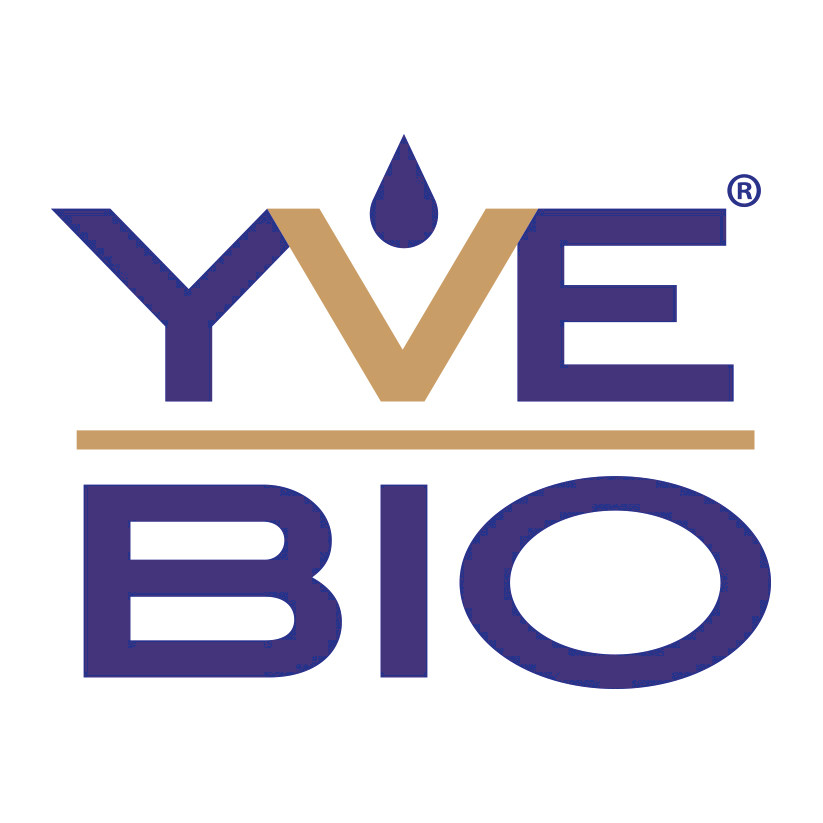Do minerals in drinking water promote health?
Many advocates of very low-mineral drinking water claim:
- Minerals in our tap water damage the body by being deposited as so-called slags in the connective tissue,
- minerals are only found in water in inorganic form and can therefore not be absorbed by the body or only with great energy expenditure.
In the long run, this leads to diseases such as dementia or arthrosis. On the surface, this statement is correct. However, water in its structured form, when energised, forms so-called hydration shells around the minerals so that we can absorb and utilise the minerals.
In nature, water occurs in a structured way and we can replenish our mineral supplies. However, if the structure of the water is destroyed, the differently charged substances attract and form compounds with each other. For example, calcium and hydrogen carbonate are present in structured water, whereas in unstructured water they form a bond with each other and combine to form calcium bicarbonate (colloquially known as lime). Everyone knows the deposits that come out of this, in the kettle or the washing machine. Our blood vessels calcify in the same way. What applies to calcium naturally also applies to the other minerals in water. As soon as water loses its structure, the important elements form worthless or even harmful compounds with their antagonists. And so the vital drink becomes a health hazard.
Another aspect takes us to the Blue Zones (regions of the world where the inhabitants live much longer on average with the best quality of life). For example, the inhabitants of Nicoya (Costa Rica) drink water that flows through limestone and is very rich in calcium and magnesium. Nicoya belongs to these Blue Zones. The same is true of the Blue Zone on the Japanese island of Okinawa - there, too, the inhabitants have only very mineral-rich drinking water at their disposal.
Incidentally, the water loses its structure if, among other things, you add carbonic acid to it, transport it with pressure above 2.5 bar or treat it with ozone (ozone is the strongest oxidant used in drinking water practice and has proven itself in the treatment of drinking water). Structured and thus cell-available water is obtained with our YVE-BIO® water filter systems.

 German
German French
French Italian
Italian Spanish
Spanish
